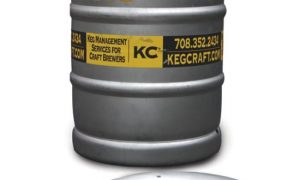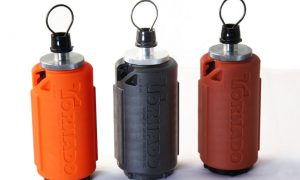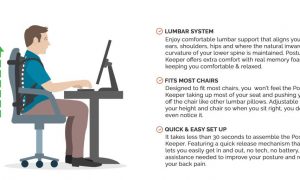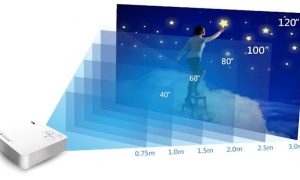Now that you have an understanding of Forex, you will most likely want to start your journey of making money. But before you start your journey, you need to know few things… the actual trading account with the broker, updated account balance and where does the money come from (profit) and where does it go (loss)?
This article will describe how funds flow in and out of the trader’s account.
Inflow and outflow of funds
In the OTC (over-the-counter) foreign exchange market, there are two main types of brokers: dealing desk type (DD) and non-dealing desk type (NDD).
Dealing desk brokers are also known as market makers, while non- dealing desk brokers can be further subdivided into straight-through processing (STP) and electronic communication networks (ECN).
What is STP broker?
The STP broker uses the Straight-Through Processing system. It allows direct access to the interbank market. Its main characteristic lies in the fact that client orders are directly directed towards liquidity providers, who can also access the interbank market. STP brokers bringing together a large number of liquidity providers can bet on the most attractive prices. All transactions are automated and orders are executed without the broker needing to intervene.
As far as his remuneration is concerned, this operator is increasing spreads slightly. Depending on his policy, he can also take a commission on transactions (for example of the order of 10 to 20 dollars for each million traded).
Reasons why brokers are STP Forex Brokers
There are many reasons why brokers prefer straight-through-process brokers. Here are some reasons:
- They incur less cost that would otherwise have been used to pay salaries. As mentioned earlier, STP brokers use No Dealing Desk, which saves money.
- STP brokers can offer their clients both fixed and variable spreads. This is because they use banks as liquidity providers in the interbank market
- STP Forex brokers always make profits if a client trades on an STP trading platform. Since an STP broker does not work with clients, he only has to add a small premium to the spread he receives from his provider. This serves as a profit.
Who is a market maker?
A market maker is a person or institution that buys and sells large amounts of assets for the purpose of ensuring liquidity and the proper functioning of market. An individual can act as a market maker, but because of the trading volumes required, they are more often institutions.
Market makers tend to control some of the assets by displaying buying and selling prices and executing orders very quickly, market makers are simple solutions to placing orders.
A market maker will first try to match customer orders internally to maximize their profits. What then remains uncovered is hedge. For example:
Max wants to buy 40 CFDs on the Dax 30.
Moritz wants to sell 10 shares and Wilhelm 5.
The market maker is currently setting a price for this CFD with a spread of 1 point. 1 CFD usually moves 1 € per Dax point. The FDax, which is based on these price changes, a hefty € 25 per point moves per contract, it is traded at an average of 0.5 points spread. In this case, the CFD brokers secure their income through the increased spread, which is still perfectly fine. In return you get a much more flexible instrument with minimal capital expenditure.
Let’s continue with our example: Fifteen times change owners internally, and the market maker pays 15 x 100% of the spread.
Say 25 shares open. A solid market maker hedges them immediately on the market by buying a contract of the FDax (= 25 € per point) on the stock exchange and passing it to Max as a metaphor. So that Max gets 40 CFDs in total. The broker is then neutral on the sideline, and still earns 0.5 points from the higher spread on these 25 hedged shares.
























